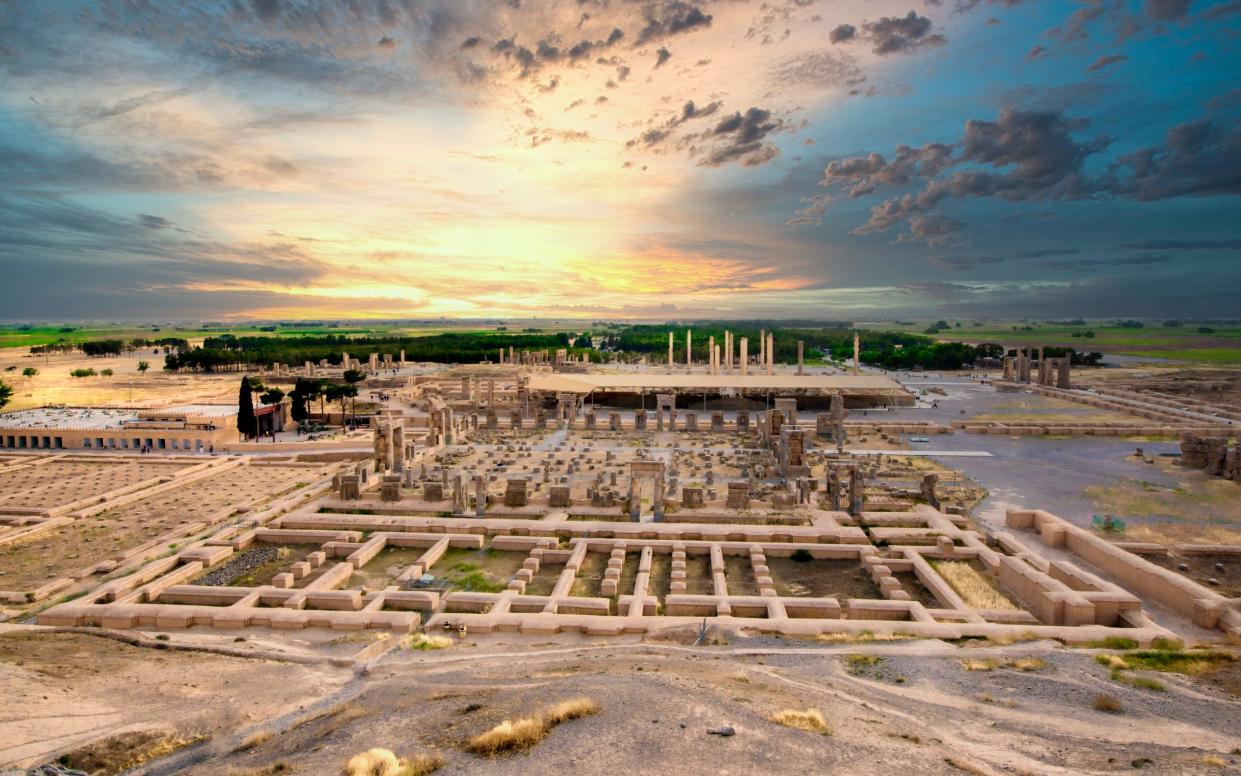Iran’s historical sites being starved of funds during economic crisis

Iran’s budget to preserve its ancient heritage amounts to a paltry £161 per site and £3,000 per building, a minister has complained.
Ali Darabi, the deputy minister for cultural heritage, tourism and handicrafts, said that the country’s historical sites risk falling into total disrepair in the middle of a profound economic crisis.
“The fact that all this historical greatness and cultural heritage should be preserved and restored with this minimal budget is beyond me,” Mr Darabi said.
Unesco ranks Iran as one of the top 10 nations for heritage, home to dazzling sites such as the Persian city of Persepolis.
The minister’s remarks came amid fresh scrutiny of Tehran’s spending on missiles and proxy terror groups in its war with Israel, following a massive barrage launched by the country last week.
In December, a US intelligence report cited Iran as the world’s number one sponsor of terror groups, while a third of the population lives below the poverty line.
Last year, Tehran put up for sale some of some of the country’s most ancient historical treasures in an online auction as it battles with state debt and crippling sanctions over its nuclear programme.
At the time, Mohammad Gharipour, one of Iran’s leading architectural historians, said the plan was “extremely worrisome and appears to have been hastily made”. He said the lack of research behind the plan was “alarming”.
Rayen Castle was among the most significant buildings on the list, an adobe castle in Kerman province believed to be 1,000 years old, and with much older foundations dating to pre-Islamic times.
The country residence of Nasereddin Mirza, a Qajar prince, was also put up for sale following its confiscation during the Islamic revolution of 1979.
Bringing in foreign archaeologists to collaborate on major projects is also a challenge for Tehran, with its policy of hostage diplomacy making it a no-go zone for most travellers.

